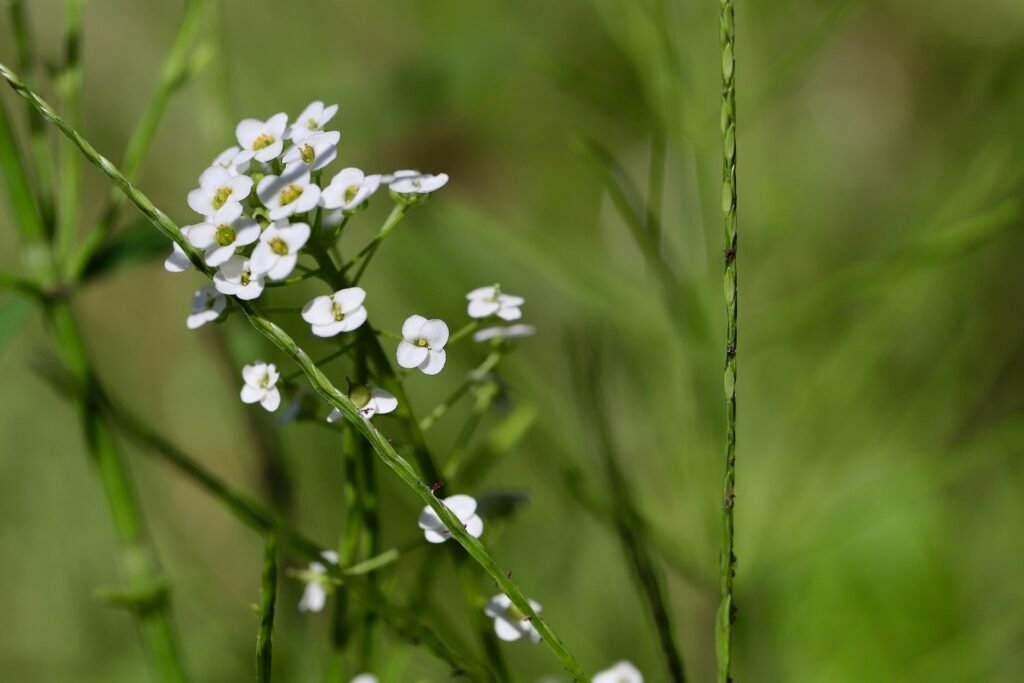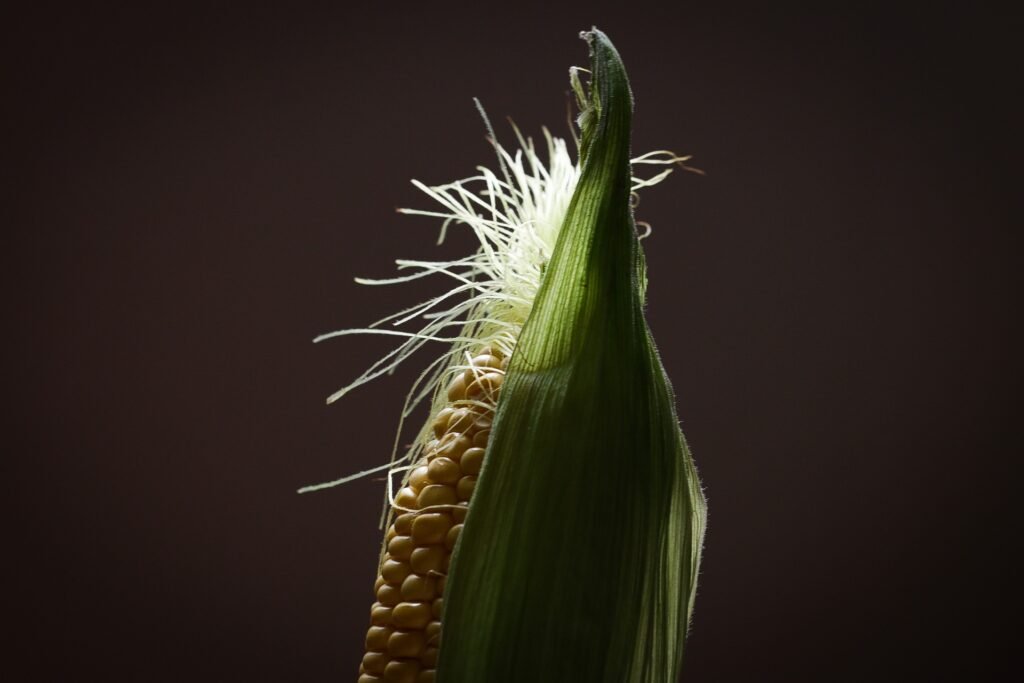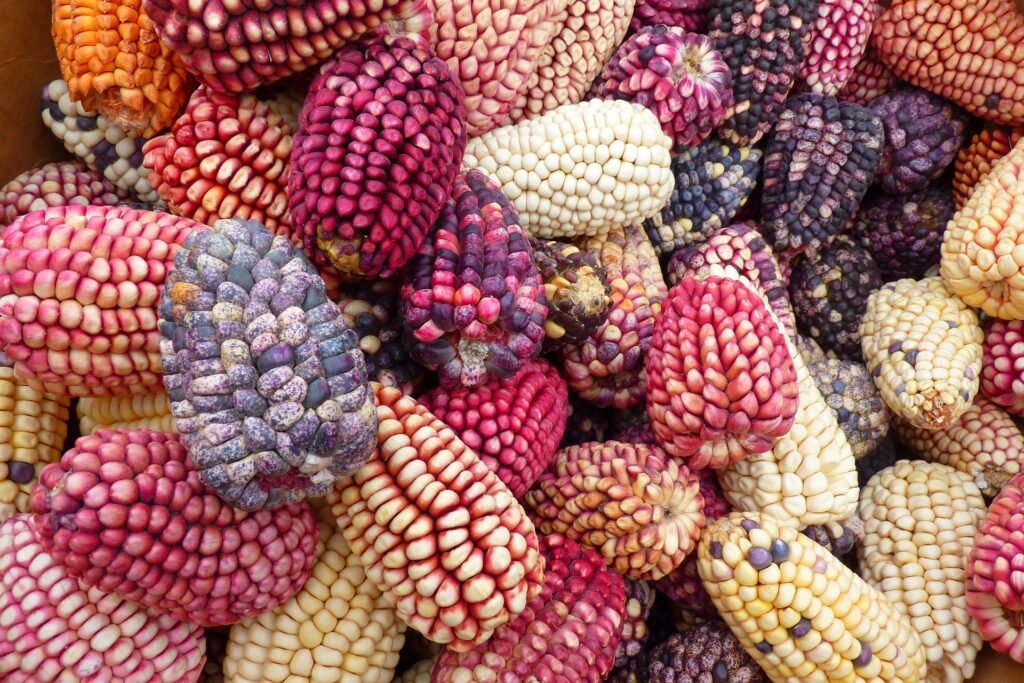Exploiting cryptic epigenetic variation for crop improvement

The Arabidopsis 1001 epigenomes are comprehensive representations of the epigenomic diversity in A. thaliana accessions, demonstrating how epialleles can alter gene expression. However, the molecular basis of this methylation variation is highly complex, and distinguishing epigenetic variants from abundant DNA sequence variation is challenging. Much of the phenotypic variation may be hidden in epigenetically silenced genes. Researchers are […]
Evolution of duplicate genes and their regulatory elements in reproductive structure complexity

It is crucial to understand the mechanisms that control the reproductive structures in crops such as maize, as this understanding can greatly improve agricultural productivity. Reproductive structures in plants have a significant impact on crop yield, as they directly influence seed formation and the propagation of crops. Having a comprehensive understanding of the genetic and […]
Exploring natural variation for stress adaptation in crop-wild relatives

Maintaining agricultural production under changing weather patterns has become an increasingly pressing goal to ensure stable food supplies for the growing world population. Maize and sorghum are among the major crops of tropical origin that are critical for food security across the globe. Both are susceptible to environmental stressors in temperate growing regions, such as […]
Identifying climate resilience genes in maize through comparative single-cell sequencing

The challenge of climate change is urgent for global agriculture, requiring innovative strategies to enhance crop resilience and ensure food security worldwide. Our previous research, conducted in collaboration with the Schnable lab and Roston lab at the University of Nebraska, has demonstrated the effectiveness of comparative studies in understanding the evolution of chilling stress tolerance […]